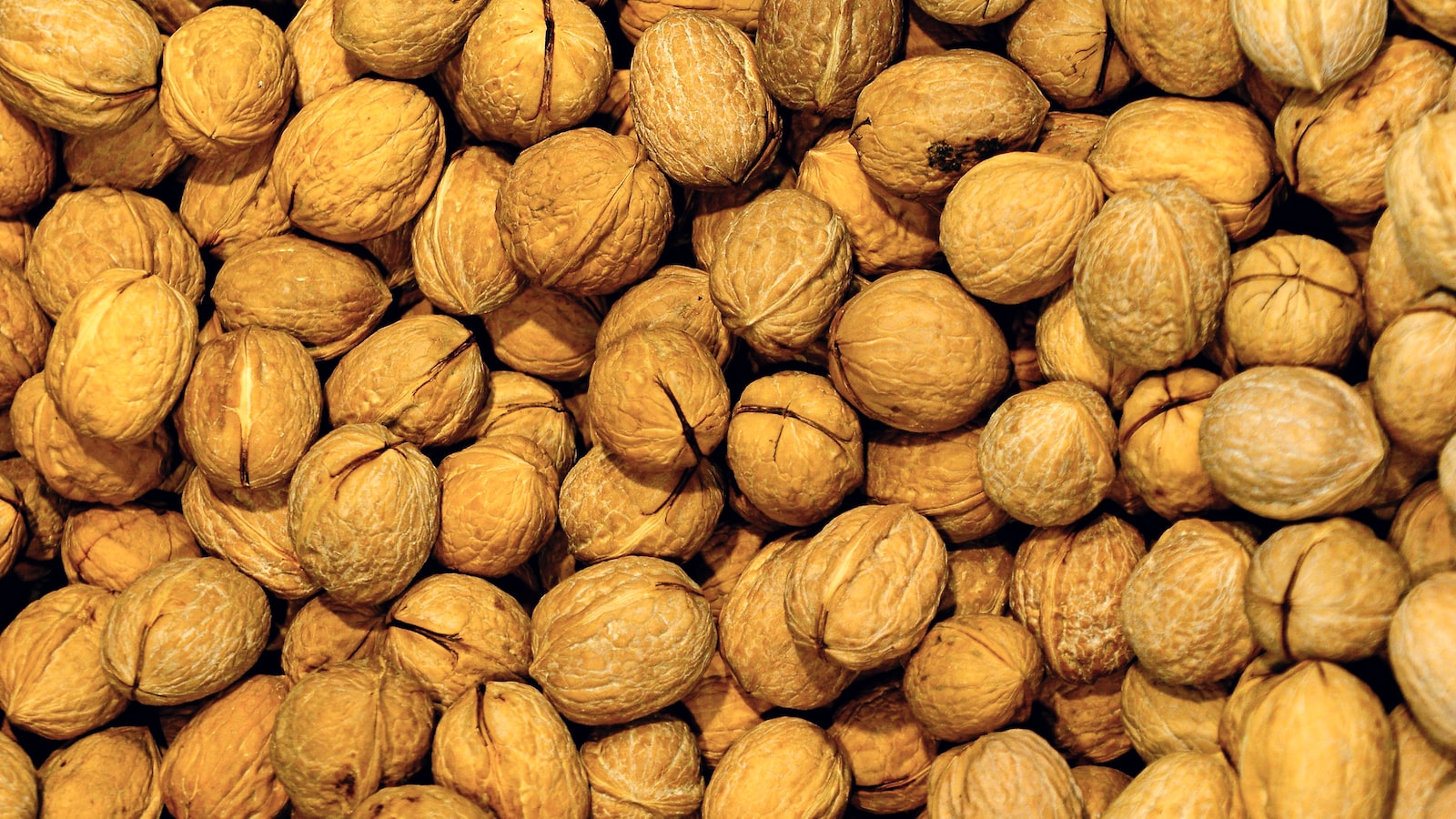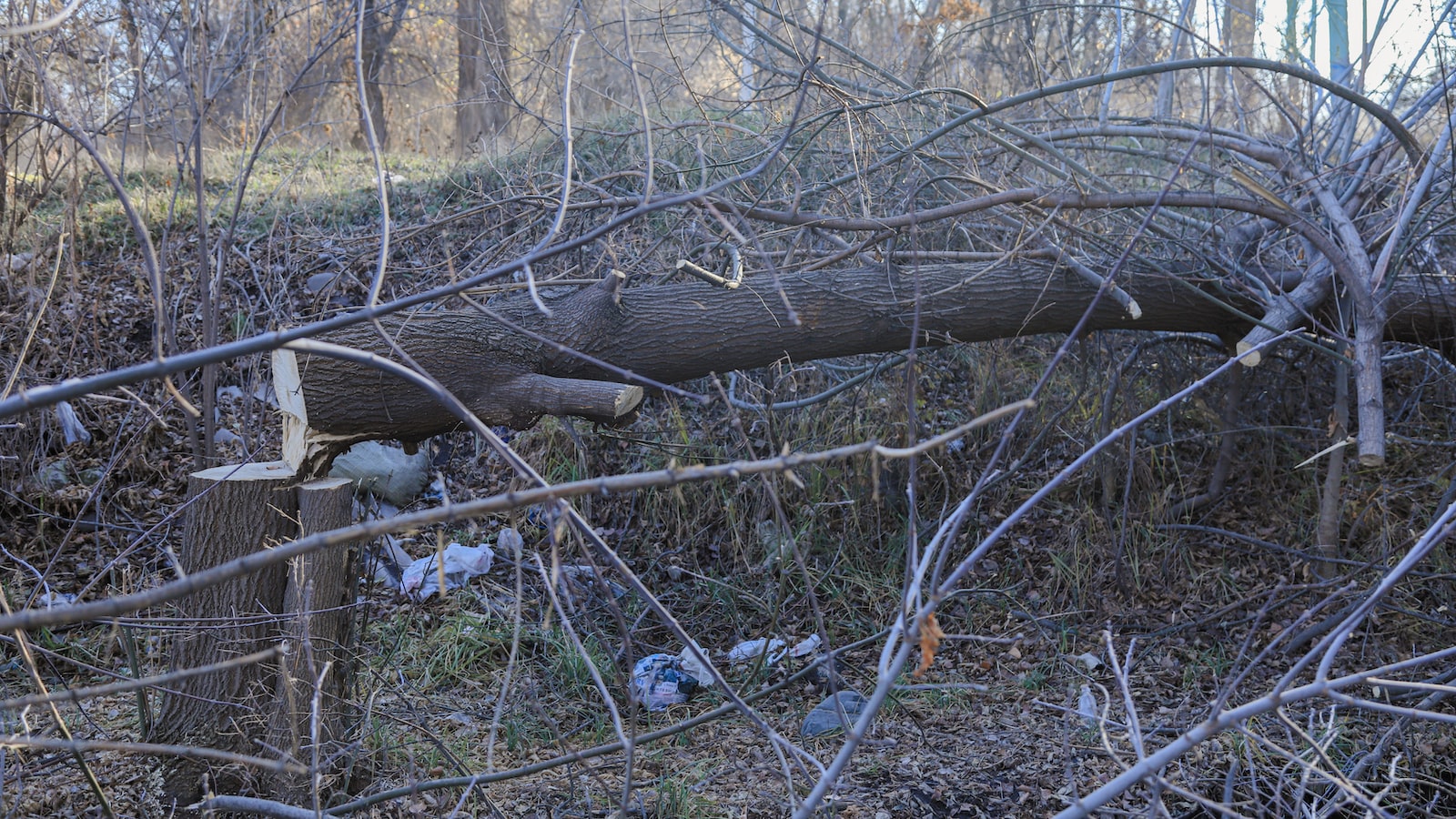
“The Organic Coffee Revolution: Why You Need to Be a Part of It”
With the growing obsession with health and wellness, it’s no surprise that coffee lovers are looking for healthier options for their caffeine fix. Organic coffee is becoming increasingly popular for its numerous benefits, financial advantages for farmers, and environmental friendliness. This organic coffee revolution is not just a passing trend, but a sustainable movement towards a healthier and more ethical coffee industry. Joining this revolution is not only beneficial for your health, but also for the global community. This article will explore the reasons why you need to be a part of the organic coffee revolution. It’s time to put your coffee mug down and start sipping on a healthier and more conscious brew.
1. Introduction: The Rise of the Organic Coffee Revolution
Coffee is one of the most popular beverages in the world, with millions of people drinking it every day. Over the past few decades, however, a new trend has emerged: organic coffee. This type of coffee is grown without the use of harmful pesticides and fertilizers, and it has become increasingly popular among consumers who are concerned about the environment and their health.
Organic coffee is not just better for the environment, it is also better for the farmers who grow it. In many coffee-growing regions, farmers are exposed to toxic chemicals that can lead to serious health problems. By growing organic coffee, these farmers can avoid exposure to these harmful substances and create a healthier and more sustainable way of life.
Another benefit of organic coffee is that it often tastes better than conventionally grown coffee. This is because organic farming practices help to promote soil health and biodiversity, which in turn can lead to better-tasting coffee beans. Plus, because organic coffee is grown in smaller, more sustainable farms, it is often fresher and more flavorful than coffee that is mass-produced using conventional methods.
If you are passionate about sustainability and want to support farmers who are doing the right thing, then switching to organic coffee is an easy and rewarding step to take. Whether you prefer light or dark roast, espresso or drip, there is a delicious organic coffee out there for you. So why not give it a try and join the organic coffee revolution today?
2. Understanding the Benefits of Organic Coffee
“Organic” has become a buzzword in the world of food and beverages. But what exactly does it mean? When it comes to coffee, organic is a label given to coffee beans that are produced without the use of synthetic fertilizers, pesticides, or other chemicals. This means that the beans are grown using natural and sustainable methods, which can offer a number of benefits to both the environment and the people who consume them.
Choosing organic coffee is not only a healthier and safer option for you, but it also promotes environmental sustainability. Here are some benefits of organic coffee:
- Contains more nutrients: Organic coffee is grown in nutrient-rich soil, without the use of harmful chemicals that strip it of its natural minerals. This means that organic coffee contains more antioxidants, vitamins, and minerals than conventionally-grown coffee.
- Environmentally friendly: Organic coffee farming practices promote biodiversity and reduce pollution. Growing coffee organically helps preserve the natural habitat for wildlife, conserves water, and reduces soil erosion.
- No harmful chemicals: Non-organic coffee is typically grown with synthetic fertilizers and pesticides that can be harmful to both the environment and the people who consume it. Organic coffee is grown without these harmful chemicals, making it a safer and healthier option.
By choosing organic coffee, you are not only making a healthier choice for yourself, but you are also supporting environmentally sustainable farming practices. So, next time you reach for a cup of coffee, consider choosing organic for a healthier you and a healthier planet.

3. The Negative Effects of Conventional Coffee
With the increasing popularity of coffee, we often overlook the negative effects that come with consuming conventional coffee. Here are some of the negative impacts of conventional coffee:
– Increased acidity: The high acidity level in conventional coffee is known to cause heartburn and acid reflux. This can also lead to the erosion of tooth enamel and digestive issues. If you are someone who regularly experiences stomach discomfort, it’s best to switch to a low acid coffee brand.
– Pesticide contamination: Conventionally grown coffee crops are often sprayed with pesticides to prevent pests and diseases. This can lead to the contamination of the coffee beans with harmful chemicals. These chemicals have been linked to various health issues, including respiratory diseases, cancer and birth defects.
– Adversely affects the environment: Conventional coffee production contributes to deforestation, soil and water pollution and ultimately, climate change. The use of pesticides and fertilizers can also lead to the degradation of soil quality. Switching to organic coffee can not only benefit your health but also benefit the environment.
It’s high time we realize the harmful effects of consuming conventional coffee and take a step towards healthier alternatives. So opt for low acid and organic coffee brands, and make an effort to support environmentally sustainable coffee production. Your health and the environment will thank you.
4. The Environmental Impact of Your Coffee Choices
When we consider the impact of our everyday choices, we often forget to look at our coffee drinking habits. However, those choices can have significant consequences for the environment. Here are some things to consider when it comes to :
- The cultivation of coffee requires a lot of water, and this water usage can put a strain on local ecosystems and water supplies. Choosing coffee beans that have been grown using sustainable methods is one way to reduce the impact on water resources.
- The production of coffee often involves the use of chemical fertilizers and pesticides. These chemicals can have a detrimental effect on the environment and the health of the people involved in the production process. Opting for organic coffee is a way to minimize the impact of these harmful substances.
- The packaging and transportation of coffee also contribute to the environmental impact of coffee consumption. Choosing coffee that has been packaged in reusable and recyclable materials, and buying from local roasters can help reduce the carbon footprint of your coffee consumption.
To summarize, the choices you make with your coffee consumption have an impact on the environment. By choosing sustainable, organic, and responsibly packaged coffee, you can help minimize the negative effects of coffee production and transportation on the planet. So, let’s make our coffee choices count for a better world.

5. Supporting Ethical and Sustainable Coffee Production
Coffee is one of the most popular beverages in the world, with millions of people enjoying a cup of coffee every day. However, the coffee industry has a significant impact on the environment and the workers involved in the production process. Therefore, it is crucial to support ethical and sustainable coffee production practices to ensure the long-term viability of the coffee industry.
One of the ways to support ethical and sustainable coffee production is by drinking shade-grown coffee. Shade-grown coffee is grown under a canopy of trees that provide important ecological services such as carbon sequestration, water conservation, and biodiversity conservation. Moreover, shade-grown coffee promotes a healthy and diverse ecosystem that provides habitat for birds and wildlife, which are beneficial to the coffee plants.
Another way to support ethical and sustainable coffee production is by choosing coffee that is certified by organizations such as Fair Trade, Rainforest Alliance, or UTZ. These organizations ensure that farmers receive fair compensation for their work, which enables them to improve their livelihoods and invest in sustainable farming practices. Additionally, certified coffee is grown using environmentally friendly methods that minimize the use of pesticides and chemical fertilizers and conserve water and soil resources.
In conclusion, practices is vital for securing the future of the coffee industry and protecting the environment and the workers involved in coffee production. By drinking shade-grown coffee and choosing certified coffee, we can make a positive impact on the world and enjoy our favorite beverage with a clear conscience. Let’s support ethical and sustainable coffee production and enjoy a delicious, sustainable cup of coffee today!
6. How to Make the Switch to Organic Coffee
Organic coffee has become increasingly popular due to its many benefits, including better taste, environmental sustainability, and improved health. If you’re ready to make the switch to organic coffee, here are a few tips to help you get started.
1. Research Brands: There are numerous organic coffee brands available, so it’s important to do your research and find the one that fits your taste preferences and budget. Look for brands that are certified organic by reputable organizations, such as USDA, Fair Trade, or Rainforest Alliance.
2. Try Different Varieties: Organic coffee comes in many different varieties, including blends, single-origin, light roast, dark roast, and more. Try out a few different options to find the one that suits your taste buds. Look for tasting notes, such as fruity, nutty, or chocolate, to help guide you in your selection.
3. Make the Switch Gradually: If you’re used to drinking non-organic coffee, it can be challenging to make the switch overnight. Instead, try incorporating organic coffee into your routine gradually. For example, start by replacing one cup of regular coffee with organic coffee each day, and gradually increase from there. With time, you may even find that you prefer the taste of organic coffee and make the switch entirely.
In conclusion, making the switch to organic coffee is a great way to support sustainable farming practices, improve your health, and enjoy a better-tasting cup of coffee. With a little research and patience, you can find the perfect organic coffee brand and variety that fits your needs and preferences. So why not give it a try today? Your taste buds (and the planet) will thank you!
7. Conclusion: Your Role in the Organic Coffee Revolution
By choosing to support the organic coffee revolution, you are playing an important role in the future of our planet and in the lives of the farmers who produce our coffee. With the global demand for coffee growing every year, it’s more important than ever to consider the impact of our choices as consumers. By choosing organic coffee, you’re not only supporting sustainable agriculture practices, but also supporting the health of the planet and your own health.
There are many reasons to make the switch to organic coffee. Not only is it better for the environment, but it’s also better for you. Organic coffee is grown without the use of harmful chemicals, pesticides, or synthetic fertilizers. This means that you can enjoy a cup of coffee without ingesting these harmful substances. Additionally, organic coffee is often shade-grown, which helps to support biodiversity and protect natural habitats.
If you want to make a difference in the world, one of the easiest things you can do is switch to organic coffee. By supporting farmers who use sustainable agriculture practices, you’re helping to create a brighter future for everyone. So, the next time you’re in the market for coffee, consider making the switch to organic. Your taste buds, the environment, and the farmers who produce your coffee will thank you.
- Choose organic coffee to support sustainable agriculture practices.
- Organic coffee is grown without harmful chemicals, pesticides, or synthetic fertilizers.
- Supporting organic coffee farmers helps to create a brighter future for everyone.
Remember, your choices matter. Choose organic coffee and be part of the solution.
If you’re looking for an easy way to get involved in making a difference in the fight for sustainability and health, participating in the organic coffee revolution is an easy choice. Its growing popularity among consumers is not only advantageous for the environment but also shows the immense potential for shifting food trends toward sustainable and better-tasting products. Now is the time to join this movement – drink organic coffee today and help create a more sustainable tomorrow.

























